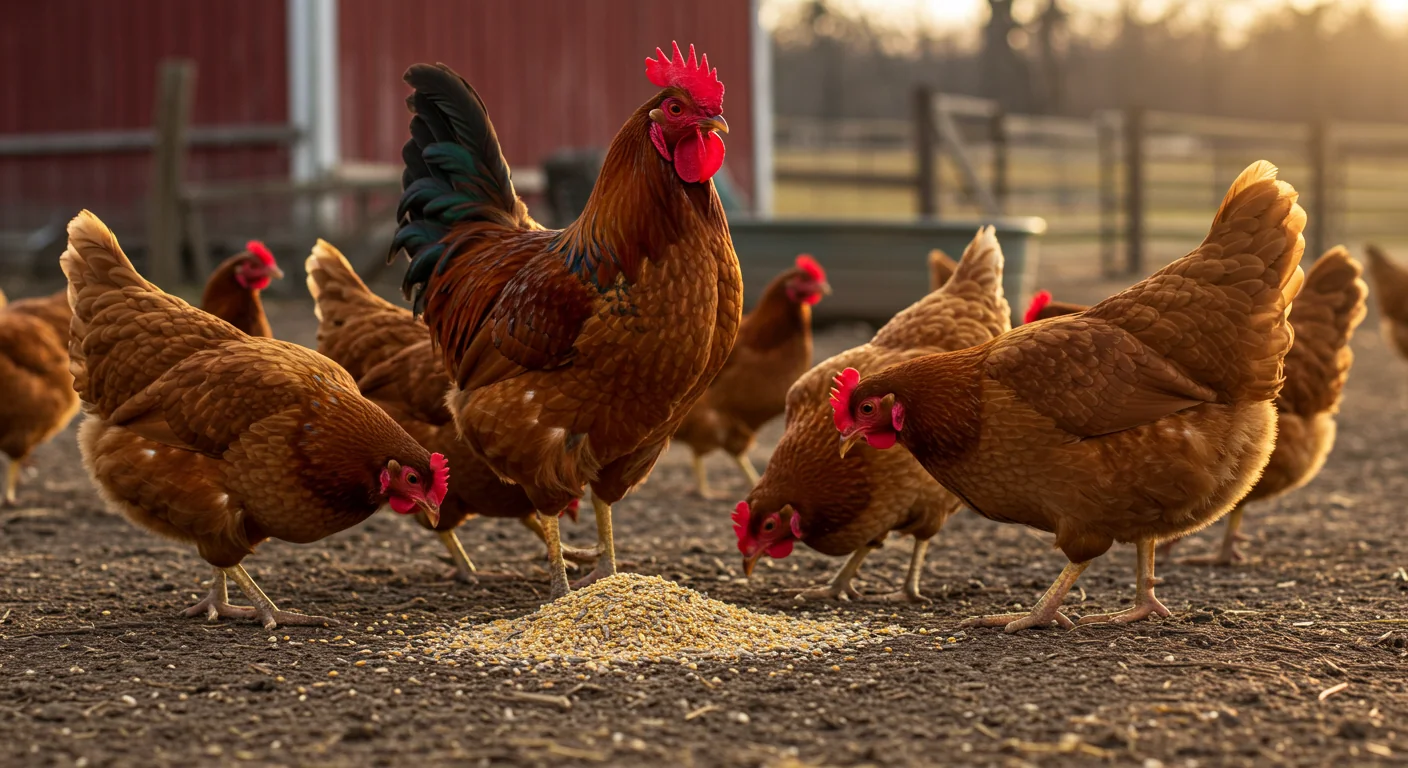The Egg Crisis: Why Shipping Eggs is so Difficult Lately
If you’ve been in a grocery store lately and need to pick up a carton of eggs, you may have noticed an increase in the price or that there are very few cartons on the shelves. The past few months have seen what has been dubbed the “egg crisis” due to how significant the shortages and soaring prices have been.
The “egg crisis” has led to difficulty in not only supplying but also shipping the produce. Getting eggs from farm to table has become more challenging than ever, and this disruption has rippled through the supply chain, exposing vulnerabilities in how eggs are packaged, transported, and delivered.

What is Causing the Egg Crisis?
The U.S. is seeing a rise in egg costs and a shortage due to various factors. In late 2024 into 2025, highly pathogenic avian influenza (HPAI) or bird flu broke out, leading to the killing of millions of chickens, significantly reducing the number of egg-laying hens and, in turn, the egg supply.
The influenza broke out during the holiday season, which typically sees the demand for eggs increase, straining the already reduced supply.
Prior to the bird flu outbreak, rising production costs have driven up the cost of feed, fertilizer, and fuel, making the production of eggs more expensive for farmers and contributing to price increases.

How are Eggs Shipped?
So how are eggs shipped to grocery stores? Transporting eggs requires special handling and care due to their delicate nature.
Eggs are placed in cartons that hold them securely, with each egg wrapped in protective material like bubble wrap or foam for extra protection. The carton is then placed in a larger shipping box with additional cushioning, like packing peanuts, to prevent movement and breakage.
Not only does packaging play a crucial role, but so does cold chain logistics when it comes to transporting eggs. Eggs are considered perishable goods and must be kept at a cooler temperature to maintain freshness. They are transported in refrigerated trucks or reefer vans and immediately put into cold storage once they reach their destination.
How Can the Supply Chain Become More Resilient in the Future?
What is the solution to the “egg crisis”? While the U.S. Department of Agriculture has implemented a $1 billion plan to address the issue by boosting bio-safety precautions at egg farms; it may take months to see change.
However, incidents like this have happened before – like a bird flu outbreak in 2014-2015 that caused egg prices to nearly double – and there’s always a chance that it could happen again.
So, what can suppliers do to help mitigate the impact and better prepare their supply chains in the case of another outbreak?
With the boost of biosecurity protocols to minimize the risk of disease outbreaks that can impact egg productions, suppliers can conduct audits themselves and provide training to staff on the proper biodiversity practices, which can help to maintain flock health and enhance the overall sustainability of the farm.
Diversifying supply chains in any industry is a key step to success, but in cases like the “egg crisis,” it can help to mitigate low production because there isn’t reliance on a single source.
Establishing relationships with multiple suppliers and local producers can provide a more stable source of eggs and potentially reduce the reliance on a large-scale, centralized supplier.
Utilizing data-driven forecasting for inventory management can predict the demand for eggs, which allows suppliers to adjust their procurement strategies accordingly.
So, in the case of another bird flu outbreak, egg suppliers can respond more proactively, which can help to maintain a steadier supply, reduce price volatility, and ensure greater resilience in the face of another outbreak.
While it’s still unclear when we will see egg shelves fully stocked or the price of a carton decline, what is clear is that producers, suppliers, and shippers can learn from this breakout of the bird flu.
Identifying weaknesses and taking all the necessary steps can better prepare all parties throughout the supply chain.
Challenges will always arise, but by creating a more resilient supply chain, it can ensure that future disruptions are less severe and that the journey from farm to table becomes more reliable for everyone.



